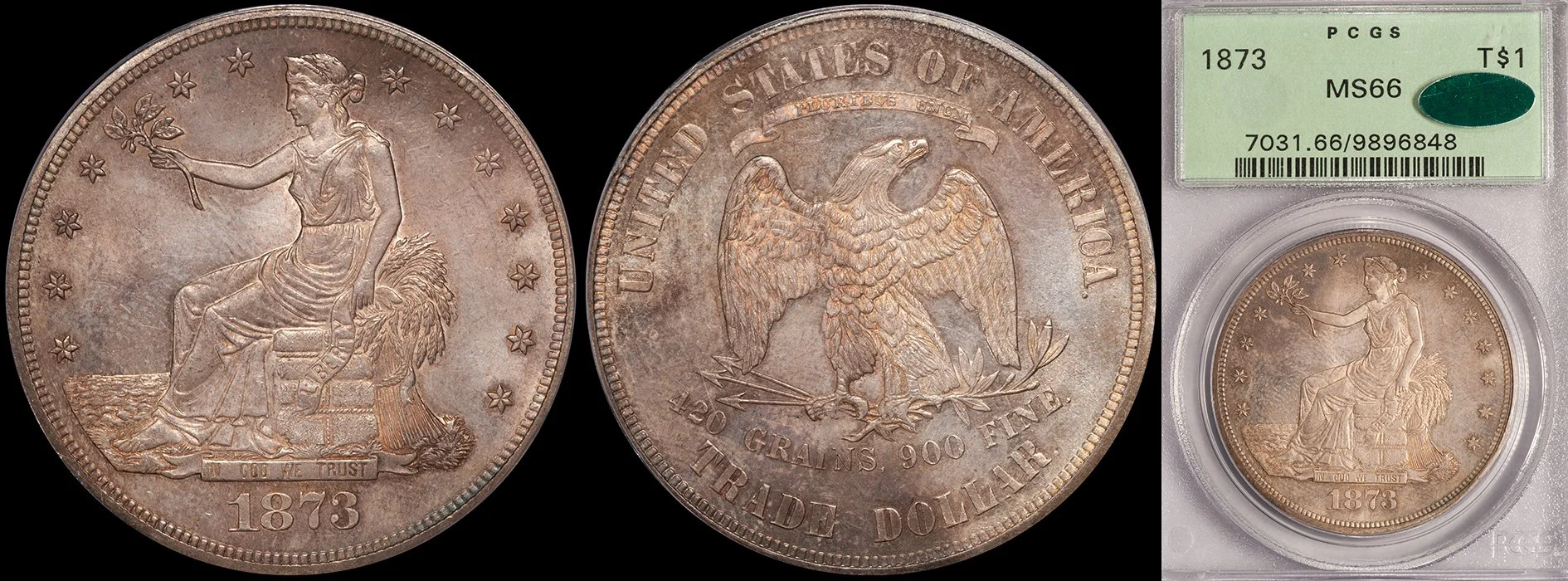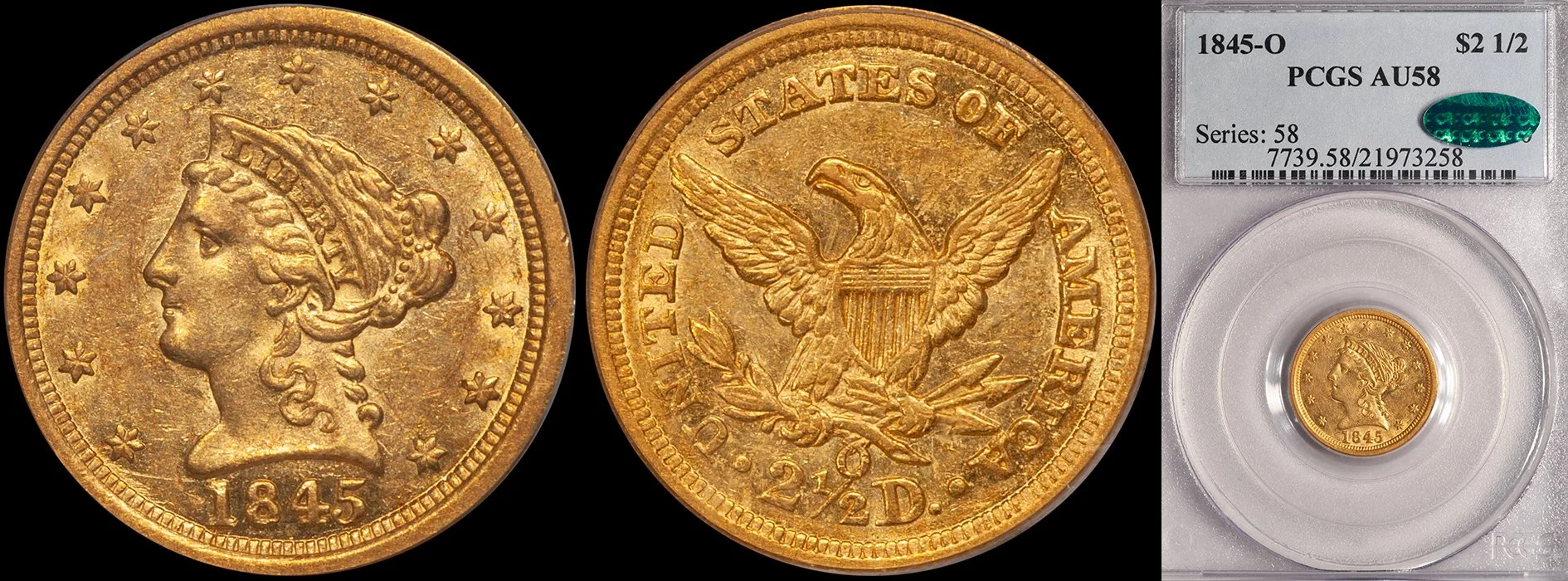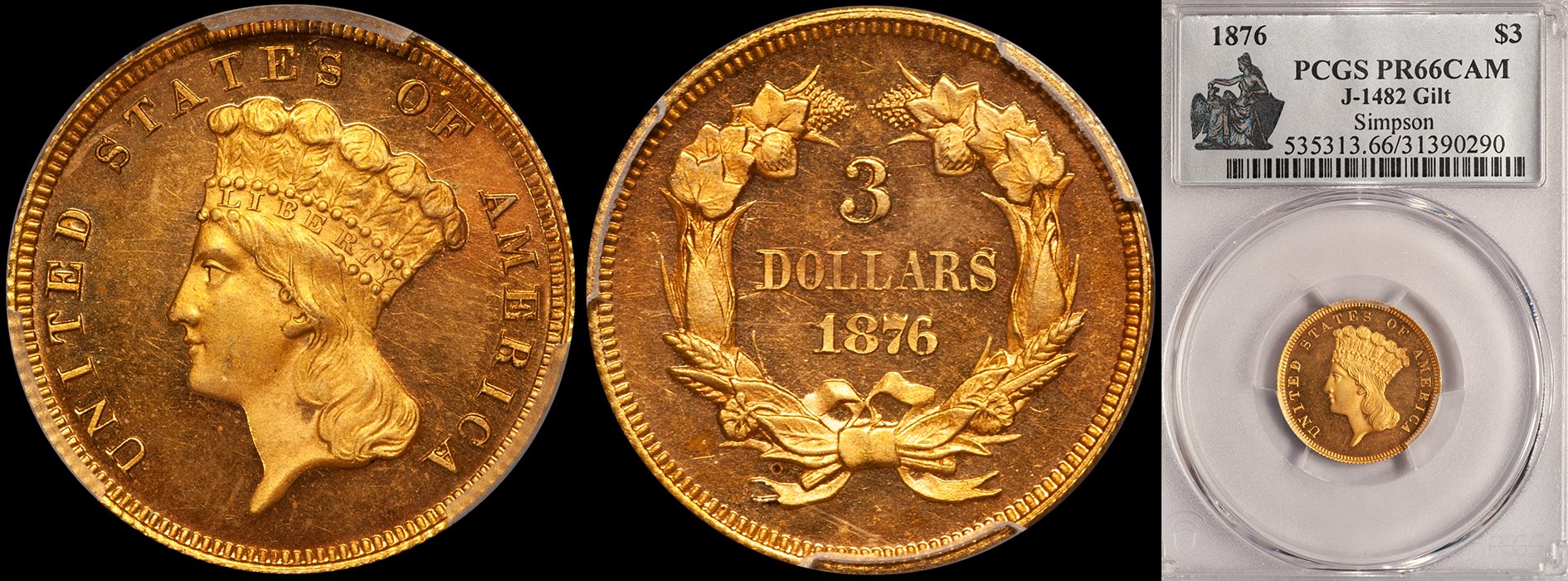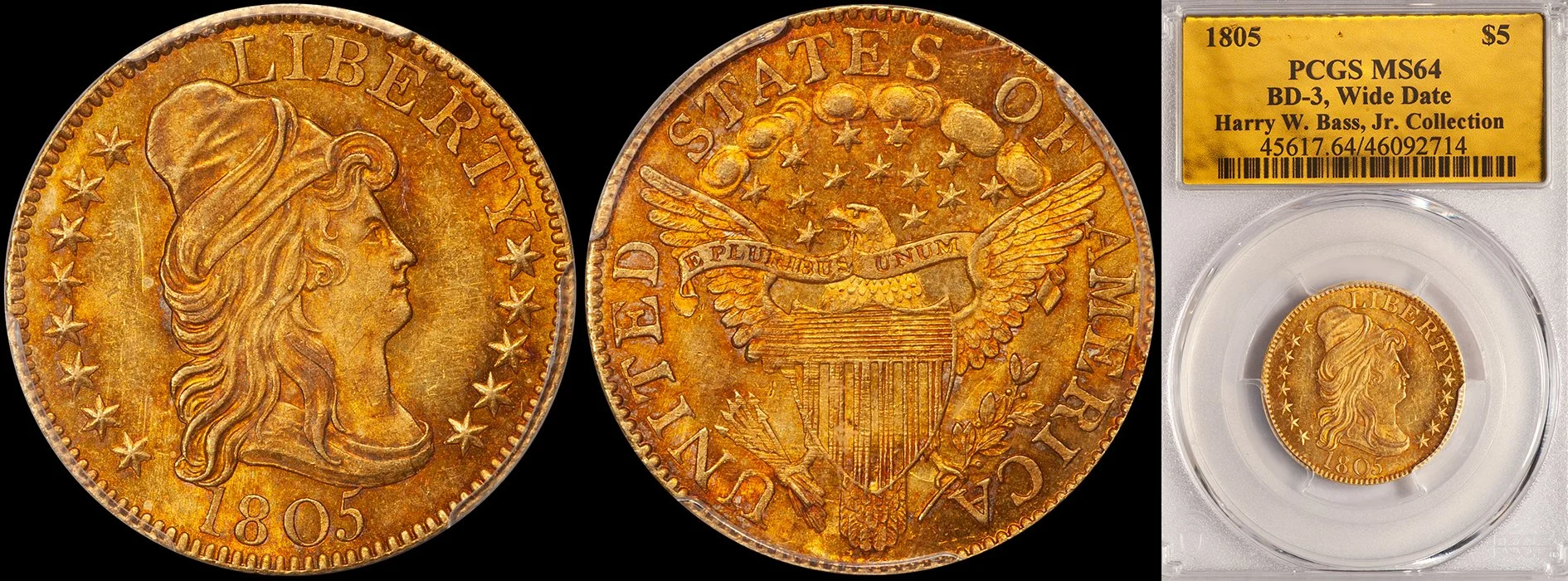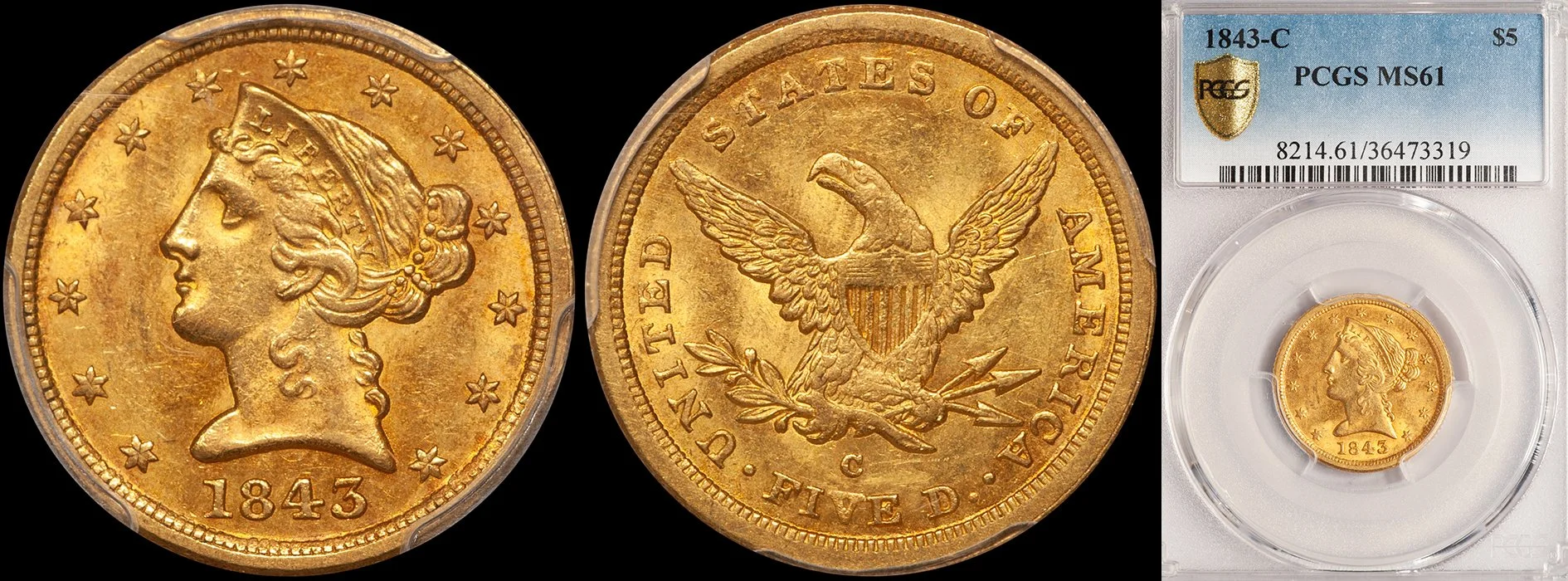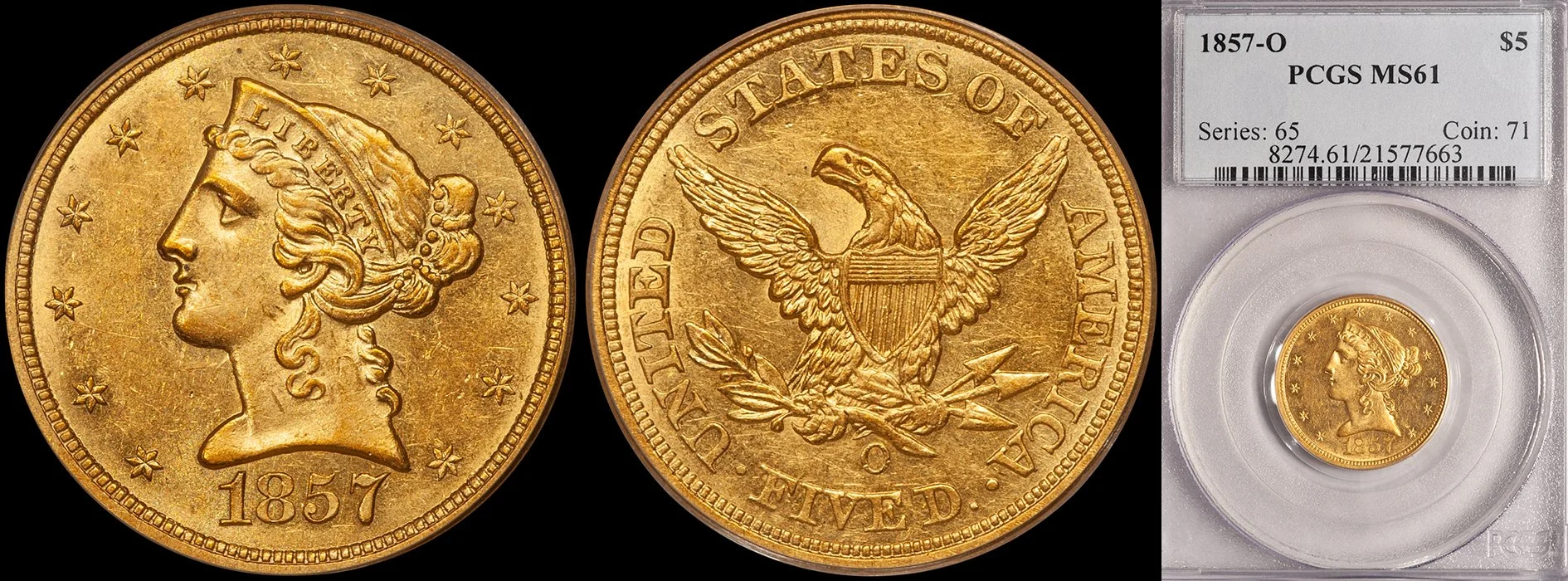Timing in the Coin Market
/Assuming you want to sell coins at auction, does it make a difference when you do? In my opinion, timing in the coin market is everything. Here are some tips about when to sell and when not to sell at auction. Traditionally, people have assumed that it made more sense to sell coins at auction during major conventions like FUN or ANA. In the past, this was definitely true. Today, with the emergence of the Internet and a new mentality that an auction could occur on Mars and the buyers would still be there, I do not feel this is necessarily true.
It is expensive for a firm like Heritage to conduct a sale at a major convention. In addition to the fees that they have to pay to the organization who conducts the show (ANA, FUN, CSNS, etc) it costs more to run a sale in a major urban area. A seller has to ask himself if it is worth more money to sell coins at a major show than a not-so-major one. If it costs 4 or 5% more to put coins in the ANA auction that a pre-ANA sale, is this worth it?
This last question is an interesting one to ask. I can see the validity of both a yes and a no answer. Some people will contend that an ANA or FUN show brings out more buyers than, say, a Long Beach or Central States show and it is worth paying the extra money. Others people feel that, as I mentioned above, the buyers are going to find the coins regardless of what show the auction is being held in conjunction with and paying the premium price is a waste of money. I tend to agree with the former theory rather than the latter.
From experience, I have learned a couple of tricks as far as selecting a time and place in which to sell coins at auction. If I had a collection of “sophisticated” or historic coins (like Colonials or early type), I would sell them at an east coast sale since that’s where many of the buyers for these coins live. Logic dictates that a collection of Charlotte or Dahlonega coins should be sold in a venue like Atlanta although this is not always the case. And, as I will discuss below, New York City is an exception to every rule because of its incredible size and wealth.
There is no question that in 2007 Manhattan is the undisputed center of the world as far as selling art. Incredible amounts of money are in or near New York and it’s nice to think that some of this will be flowing into the coin market. I think this is true from the standpoint of people who already like coins and there are certainly a lot of serious collectors in the New York/New Jersey/Connecticut tri-state area. But it’s a pipedream to think that the guys who just dropped $15 million at the Christie’s Contemporary Art auctions are going to wander into a New York coin auction and be factors there.
When you are deciding on when to sell your coins at auction, use a calendar and a little common sense. This year’s pre-FUN auctions didn’t do well because in order to properly view the lots and figure your bids, you had to fly down to Orlando on either December 31st or January 1st. Realistically, how many people (even coin dealers) don’t have better things to do on New Year’s Eve or New Year’s day than flying to Orlando and slogging through a bunch of coins?
Is the auction you are considering being held on the Jewish holidays? Even those of us who don’t attend services think it’s tacky to be spending the High Holy Days at a coin auction.
Certain times of the year are traditionally slow in the coin market. November and December are always slow months due to the fact that there are few major shows and traveling becomes difficult due to bad weather and holiday conflicts.
Certain venues are traditionally bad coin towns as well. I have a personal grudge against St. Louis as a coin town and despite the fact that I’ve probably gone to ten coin shows there in the past two decades, I have had continually bad numismatic experiences in the Gateway City. Therefore, I’m just not going to put coins in an auction that occur in St. Louis; even if Tony LaRussa personally comes to my office and solicits a consignment.
What about when there are numerous auctions stacked up against each other during short periods of time; like before and during the ANA when three or four competing firms all have sales? Which sale do you pick—the first one (when people will be fresh and have money to spend) or the last one (when they will be burned out and broke)? The answer is not as cut and dry as you might think.

